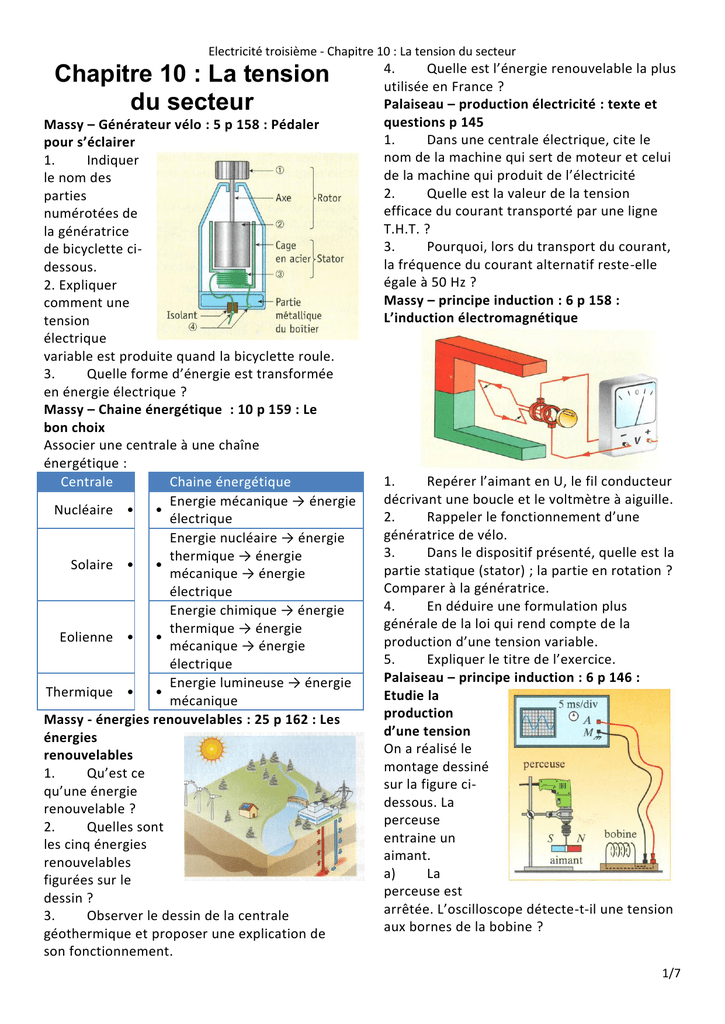Akkor Davası: Burak Maviş'in AİHM Başvurusu Ve Karma Evlilik Tartışması

Table of Contents
H2: Burak Maviş'in AİHM Başvurusunun Temeli (The Basis of Burak Maviş's ECHR Application):
Burak Maviş's application to the AİHM stems from a protracted legal battle concerning his marriage to a woman of a different religious background. The specifics of the case, often shrouded in legal intricacies, center around allegations of discrimination and denial of fundamental rights. The application alleges violations of several articles of the European Convention on Human Rights.
- Bullet points:
- Article 12 violation: The application claims a violation of Article 12 (right to marry) due to obstacles and impediments placed upon his marriage solely based on religious differences.
- Article 8 violation: Article 8 (right to respect for private and family life) is cited due to the alleged infringement on Maviş's family life caused by the legal challenges and societal pressures faced.
- Key Arguments: Maviş's legal team argues that the difficulties encountered in formalizing his marriage and the subsequent societal pressure represent a clear violation of his fundamental human rights, as guaranteed by international law.
- Religious Differences: The core of the conflict lies in the differing religious backgrounds of Maviş and his spouse, highlighting the challenges faced by couples navigating religious and cultural differences within the Turkish legal and social context.
- Impact on Maviş and his Family: The legal battle has had a significant emotional and psychological toll on Maviş and his family, causing distress and uncertainty about their future.
H2: Karma Evliliklerin Türkiye'deki Durumu (The Status of Mixed Marriages in Turkey):
Mixed marriages in Turkey exist within a complex socio-legal landscape. While legally permissible, the reality for couples from differing religious backgrounds often presents significant challenges. Cultural and religious norms continue to influence societal attitudes, creating obstacles for these unions.
- Bullet points:
- Statistics: Reliable statistics on the precise number of mixed marriages and their success rates remain limited. However, anecdotal evidence and reports from human rights organizations suggest a considerable number of interfaith couples face difficulties.
- Legal Frameworks: While Turkish law doesn't explicitly prohibit mixed marriages, bureaucratic processes and social pressures can make formalizing these unions challenging. Existing laws may be interpreted in ways that disproportionately affect interfaith couples.
- Societal Attitudes: Prejudices and societal pressures against interfaith unions remain a significant hurdle for many couples. Family objections and social stigma can lead to considerable emotional strain and difficulties.
- Similar Cases: The Akkor Davası is not an isolated incident. Numerous other cases highlighting similar issues related to mixed marriages and religious freedom in Turkey have been documented by human rights organizations.
H3: Din ve Devlet İlişkisi (Religion and State Relations):
Turkey's unique history and legal framework shape the relationship between religion and the state. The country's secular constitution guarantees freedom of religion, yet the influence of religious institutions and societal norms often impacts the interpretation and application of laws.
- Bullet points:
- Constitutional Provisions: While the constitution guarantees religious freedom, its interpretation and enforcement have often been debated, particularly concerning the rights of religious minorities.
- Secularism's Influence: Turkey's secular legacy influences legal interpretations and societal attitudes, sometimes creating tension between religious freedom and secular principles.
- Role of Religious Institutions: The influence of religious institutions on societal norms and attitudes towards mixed marriages plays a significant role in shaping the challenges faced by interfaith couples.
H2: AİHM'nin Kararı ve Sonuçları (The ECHR's Decision and its Consequences):
The AİHM's decision in the Akkor Davası holds significant implications for human rights in Turkey and beyond. The ruling will likely impact future interpretations of religious freedom and the rights of mixed-marriage couples.
- Bullet points:
- Possible Scenarios: The AİHM could rule in favor of Maviş, setting a crucial precedent for future cases. Alternatively, a ruling against Maviş could reinforce existing challenges faced by interfaith couples.
- Impact on Future Cases: The decision will undeniably influence legal arguments and judgments in subsequent cases involving similar issues of religious freedom and marriage rights.
- Potential Legislative Changes: A strong ruling in favor of Maviş could pressure the Turkish government to revise laws and regulations that disproportionately impact mixed marriages.
- Broader Implications: The outcome transcends Turkey's borders, affecting discussions on religious freedom and human rights across the region and internationally.
3. Conclusion:
The Akkor Davası, centered around Burak Maviş's application to the AİHM, brings to the forefront critical issues concerning mixed marriages, religious freedom, and human rights in Turkey. The outcome of this case will significantly impact future legal interpretations and societal attitudes toward interfaith unions. Understanding the complexities of the Akkor Davası is essential to fostering a more tolerant and inclusive society.
Call to Action: Stay informed about the developments in the Akkor Davası and its implications for karma evlilik rights in Turkey. Continue the discussion surrounding the protection of human rights and religious freedoms for all citizens. Advocate for policies and legal reforms that ensure the equal rights of all individuals, regardless of their religious background, within the context of the Akkor Davası and similar cases.

Featured Posts
-
 The Us China Trade War Who Conceded First And Why
May 15, 2025
The Us China Trade War Who Conceded First And Why
May 15, 2025 -
 Jm Financials Rs 400 Baazar Style Retail Investment Is It Right For You
May 15, 2025
Jm Financials Rs 400 Baazar Style Retail Investment Is It Right For You
May 15, 2025 -
 Padres Announce 2025 Regular Season Television And Radio Broadcast Schedule
May 15, 2025
Padres Announce 2025 Regular Season Television And Radio Broadcast Schedule
May 15, 2025 -
 Ai Therapy Surveillance In A Police State
May 15, 2025
Ai Therapy Surveillance In A Police State
May 15, 2025 -
 Un Marche Famelique Pour Les Gardiens Trouver Du Travail Dans Un Secteur En Tension
May 15, 2025
Un Marche Famelique Pour Les Gardiens Trouver Du Travail Dans Un Secteur En Tension
May 15, 2025
